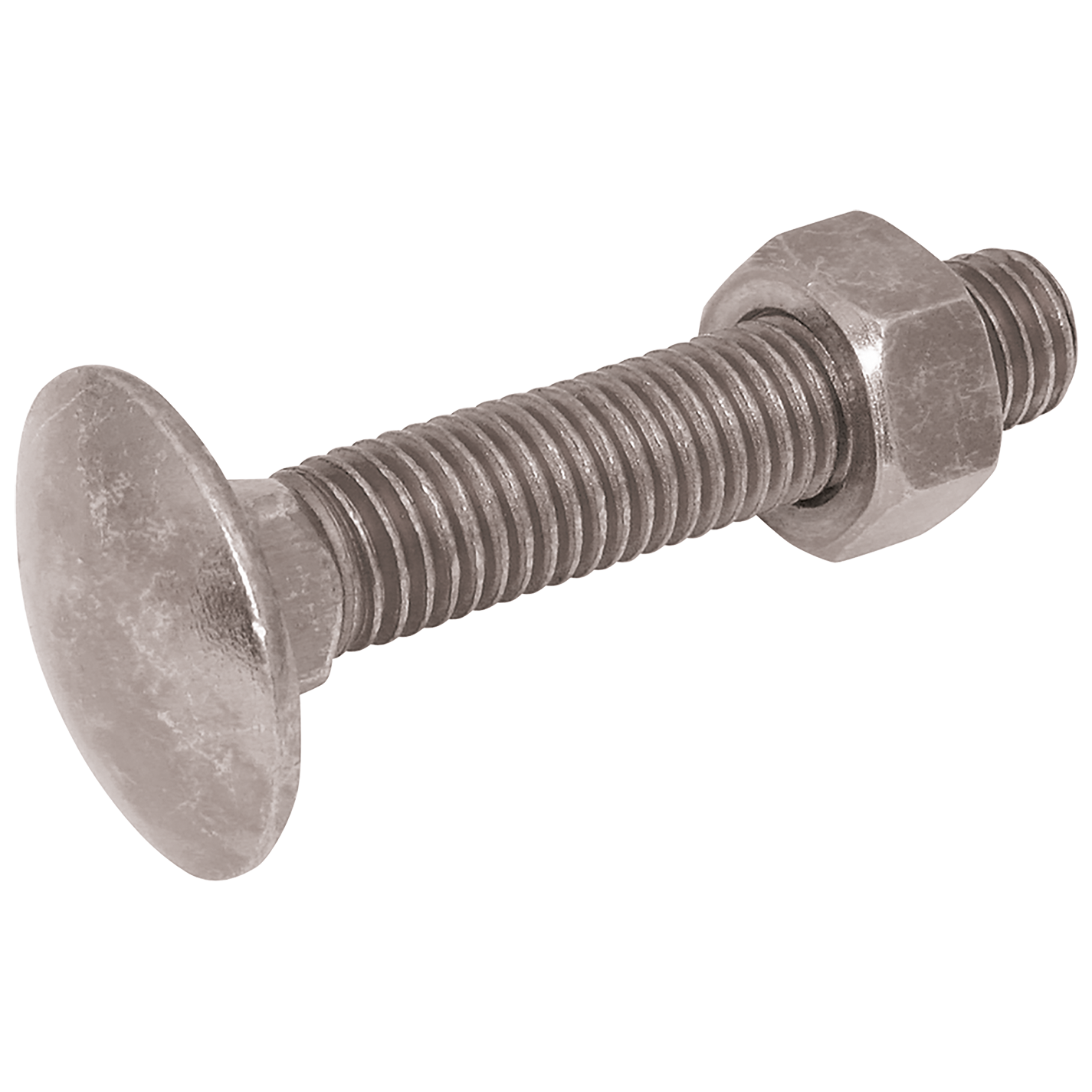Nuts and Bolts: An Sustainable Industrial Approach
In the world of construction, vehicle maintenance, and home improvement endeavors, nuts and bolts are often the silent supporters that hold everything together. These vital fasteners come in a variety of designs, dimensions, and compositions, each designed for particular applications. Comprehending the basics of nuts and bolts is not just useful for professionals but is also invaluable for the everyday DIY enthusiast looking to handle renovation projects with self-assurance.
This manual is designed to demystify the confusing world of nuts and bolts. From distinguishing between a range of nuts and bolts to investigating their various uses, you will learn how to pick the right fastener for your plans. Whether you're working on rigorous building, car maintenance, or basic household repairs, we will cover the nitty-gritty you need to ensure durable and effective connections. Join us as we explore the nuts and bolts of this important industrial solution.
Categories and Applications of Nut Fasteners and Bolt Fasteners
Nut fasteners and bolts are essential fixings used across multiple fields and applications. Fundamentally, bolt fasteners can be classified into several categories, including hex bolts, carriage bolts, and lag bolts, each with specific purposes. Hexagon bolts, for example, are ideal for heavy-duty uses where durability is paramount, while carriage bolts are suitable for attaching wooden components due to their rounded top and smooth shaft. Lag fasteners, on the other hand, are particularly engineered for anchoring large wooden structures or heavy loads, making them indispensable in construction projects.
Understanding the role of different nuts is just as important. Standard nuts are commonly utilized with bolts, but specialty nut fasteners like locking nuts and flange nuts play key roles in preventing loosening under vibration and providing a larger contact area. The choice of nut fastener often is determined by the application; for instance, lock nuts are essential in automotive repairs where significant oscillation are present. Flanged nuts may be favored in situations that demand precise fitting and stability, highlighting the importance of choosing the right fastener.
Beyond traditional uses, nut fasteners and bolt fasteners have specialized applications in unique settings. Corrosion-resistant fasteners are valued for their rust resistance, which makes them ideal for external constructions and nautical applications. Additionally, specialty fasteners such as anchoring bolts provide critical stability for base constructions, while nylon locking nuts offer increased safety by stopping unintended displacement. Selecting the appropriate nuts and bolts based on composition and use is paramount for guaranteeing the longevity and safety of any undertaking.
Materials and Coatings
When selecting nuts and bolts, the material used holds a vital role in defining their performance and durability. Metal is the most frequent material, recognized for its strength and versatility. It is frequently used in a variety of contexts, making it a necessity in many fields. For settings prone to corrosion, stainless steel is an excellent choice due to its ability to rust and ability to endure harsh conditions. Other materials like bronze and aluminum are also used, with brass providing good corrosion resistance and aesthetic appeal, while aluminum offers a lightweight yet incredibly strong option for specialized applications.
Coatings applied to nuts and bolts significantly affect their longevity and suitability for specific environments. Zinc plating is a popular choice for providing a sacrificial layer of protection against oxidation, making these fasteners suitable for outdoor use. Galvanized coating, which entails applying a thick layer of zinc, enhances strength and is preferred for heavy-duty tasks exposed to moisture. Additionally, powder coating offers a customizable finish that not only enhances aesthetics but also boosts resistance to wear and chemicals, suitable for decorative or specialized projects.
Recognizing the differences in materials and coatings can help users make informed decisions customized to their particular needs. For example, when dealing with outdoor installations, opting for corrosion-resistant coatings on steel fasteners is crucial for ensuring long-term performance. Recognizing the environmental factors at play and the specific requirements of a project can direct the selection process, ensuring that the chosen nuts and bolts will provide reliable service in their designated applications.

Buying Guides and Comparisons
In the context of choosing the best nuts and bolts for your project, understanding the materials and specifications is essential. Different applications require different levels of strength, resistance to corrosion, and durability. For https://writeablog.net/coldshield2/creative-technology-emerging-trends-in-nuts-and-fasteners , stainless steel fasteners are ideal for outdoor applications due to their ability to rust. On the other hand, if you are dealing with wood, choosing wood screws or lag bolts suitable for soft or hardwoods will ensure a firm fit. Always consider environmental factors and mechanical requirements before making a purchase.
Another, important aspect to consider is the thread type, which includes coarse, smooth, and metric threads. Coarse threads are commonly used in applications that require faster assembly, while fine threads offer better grip and tensioning in metal-to-metal applications. Understanding the variances between these thread types can help you choose fasteners that will best suit your specific needs, thereby improving the performance and longevity of your projects.
To wrap up, assessing the quality of nuts and bolts is essential before making a purchase. Look for fasteners that conform to industry standards and check their grades. As a case in point, a bolt with a higher grade number generally signifies better strength and reliability. Utilize comparison tables to weigh the strengths and weaknesses of different fasteners. By spending time on research and contrasting options, you can ensure that you select the best appropriate nuts and bolts, maximizing both safety and functionality for your tasks.